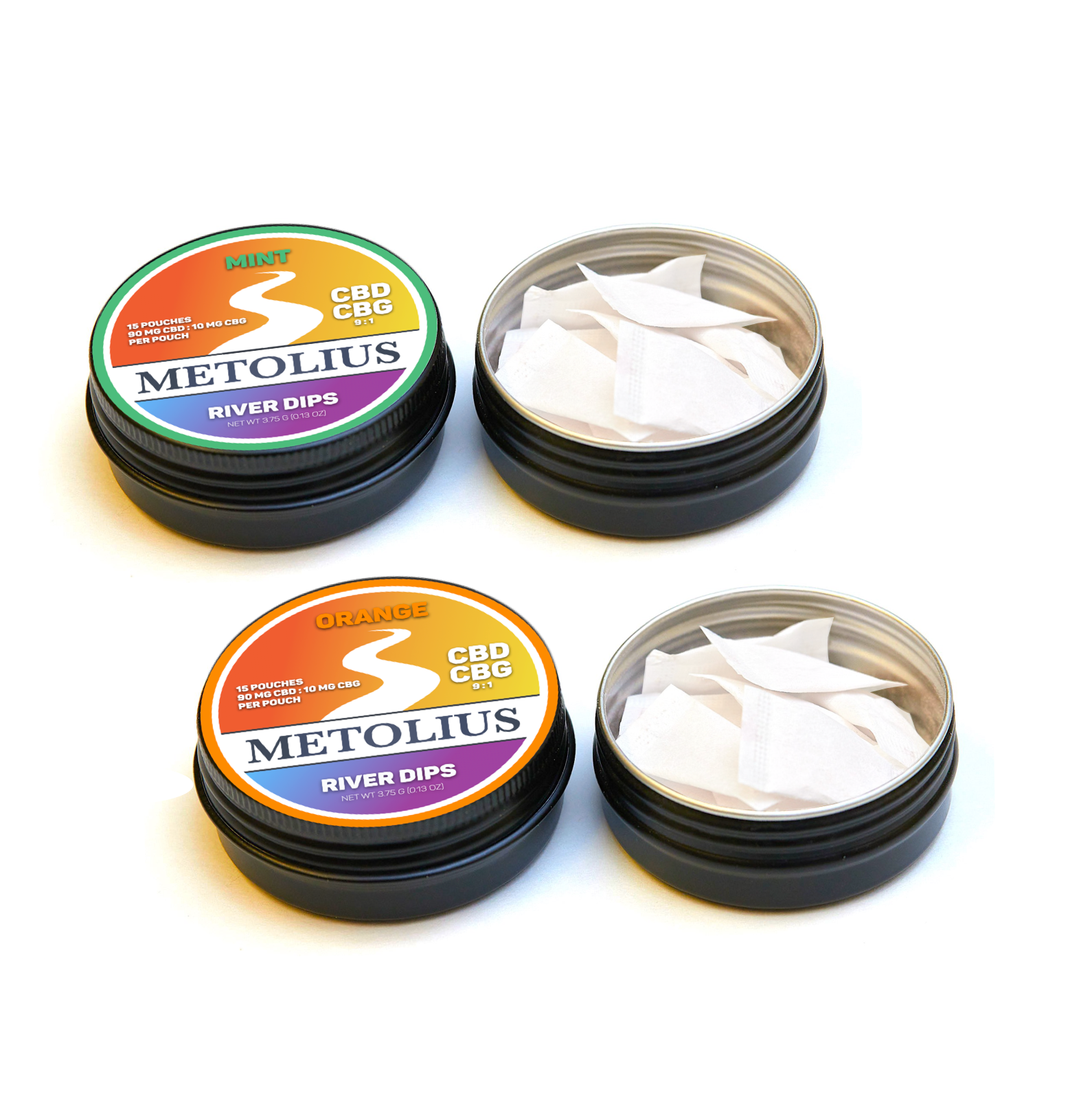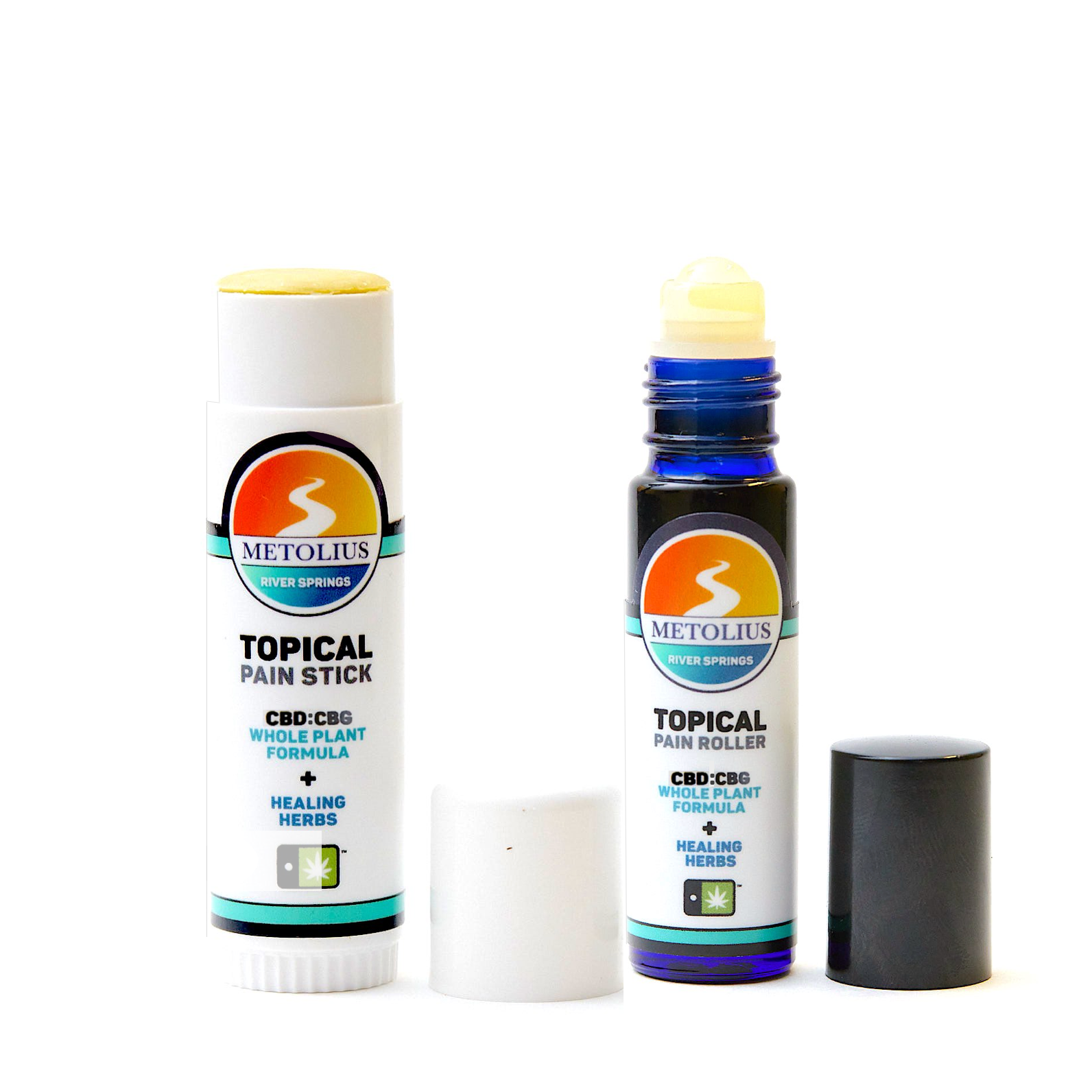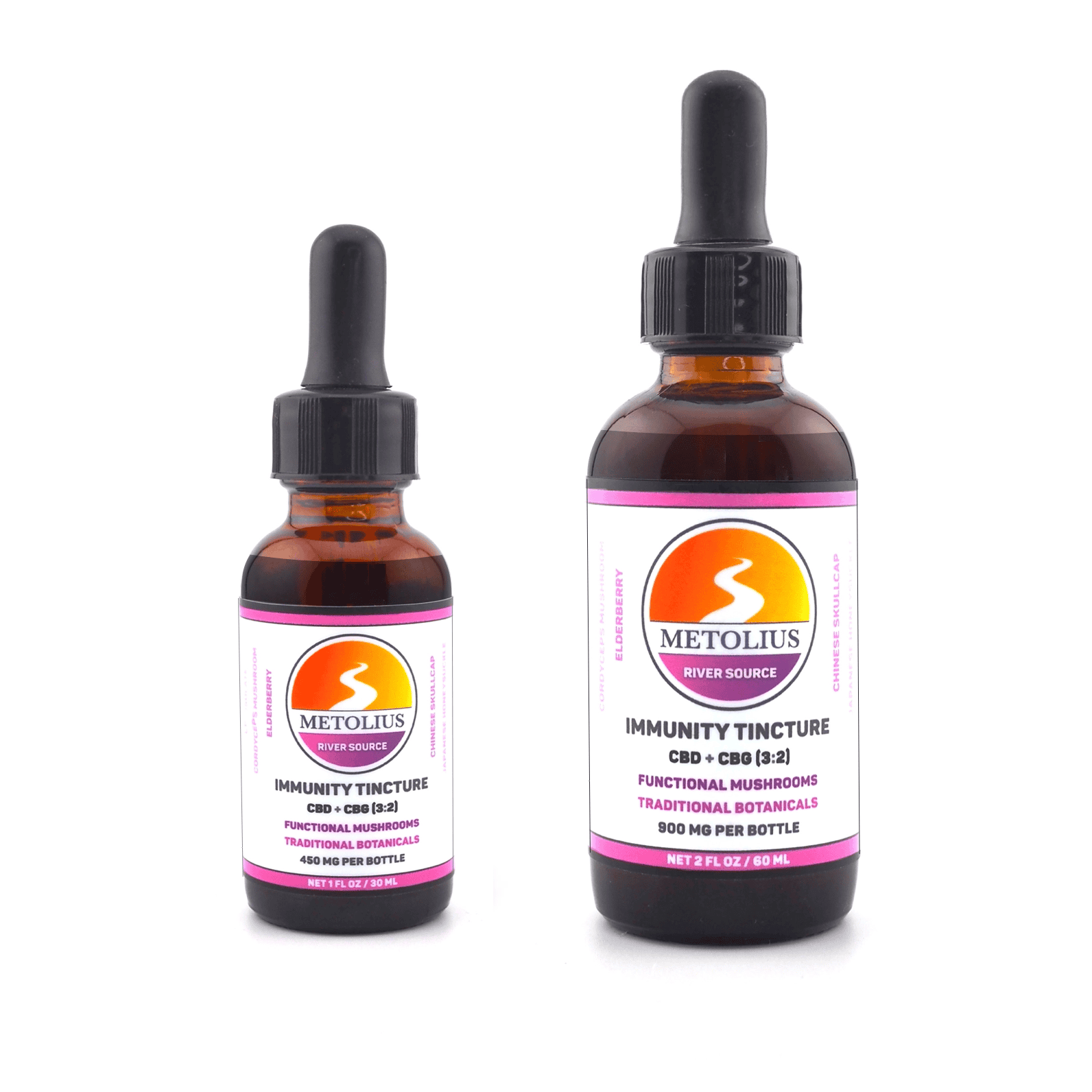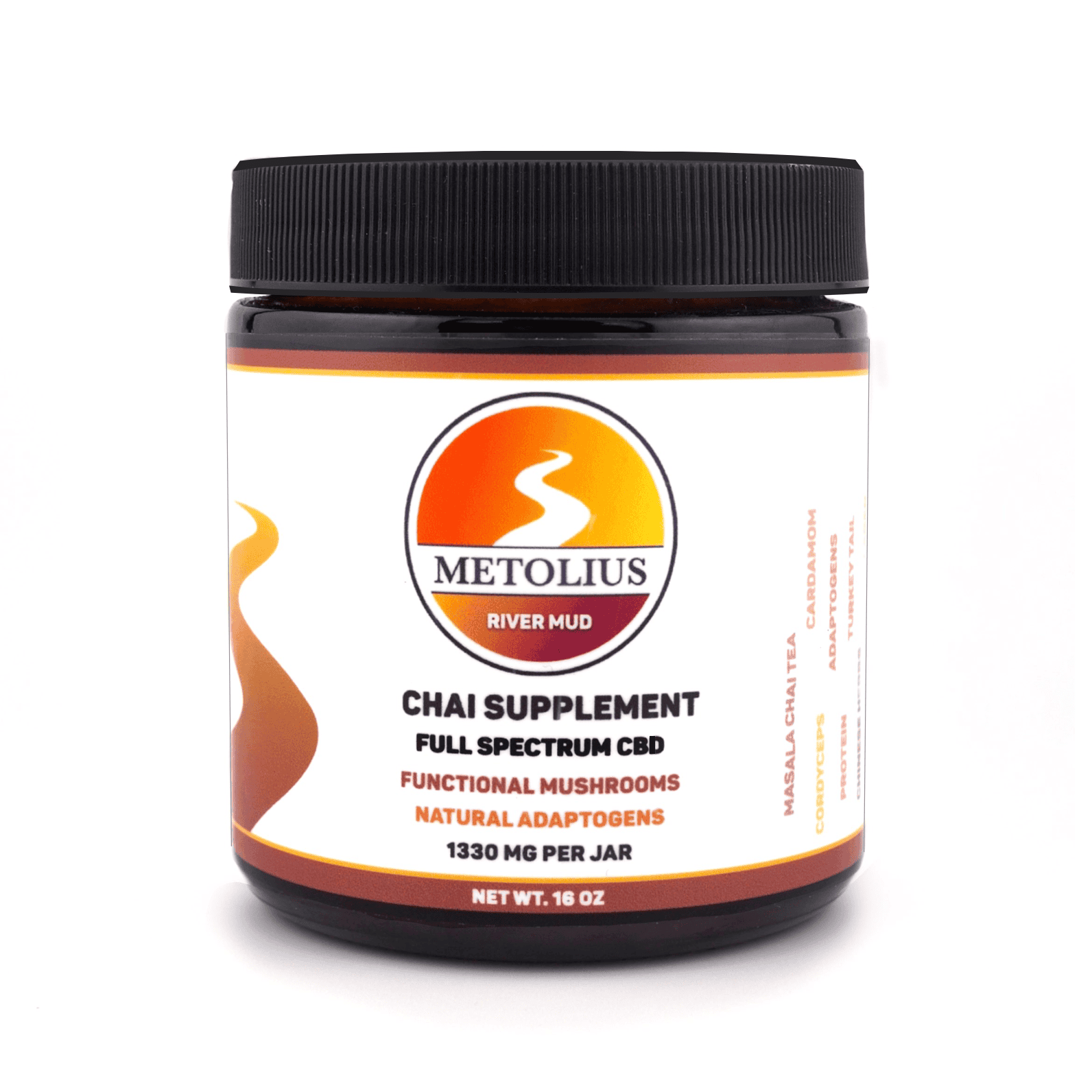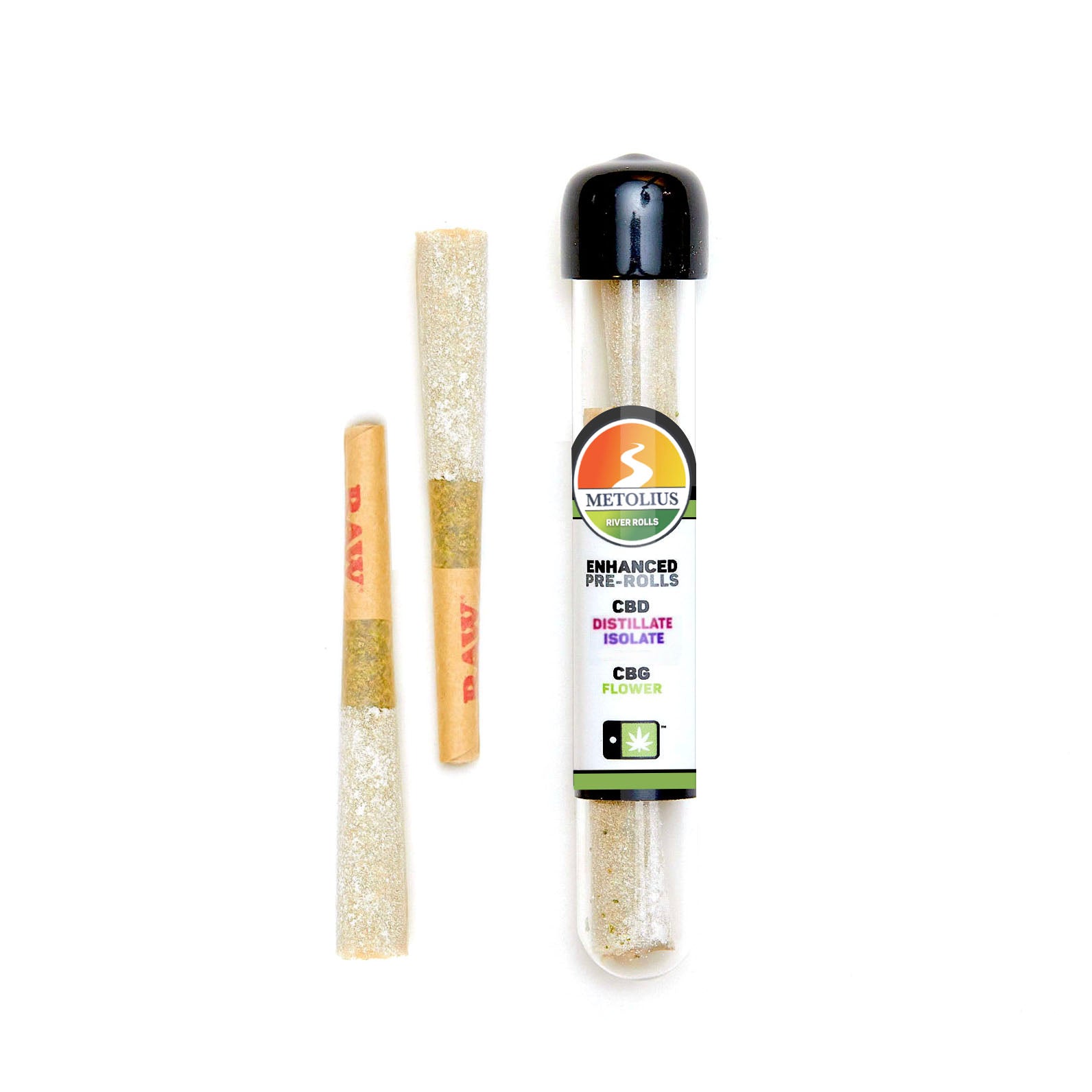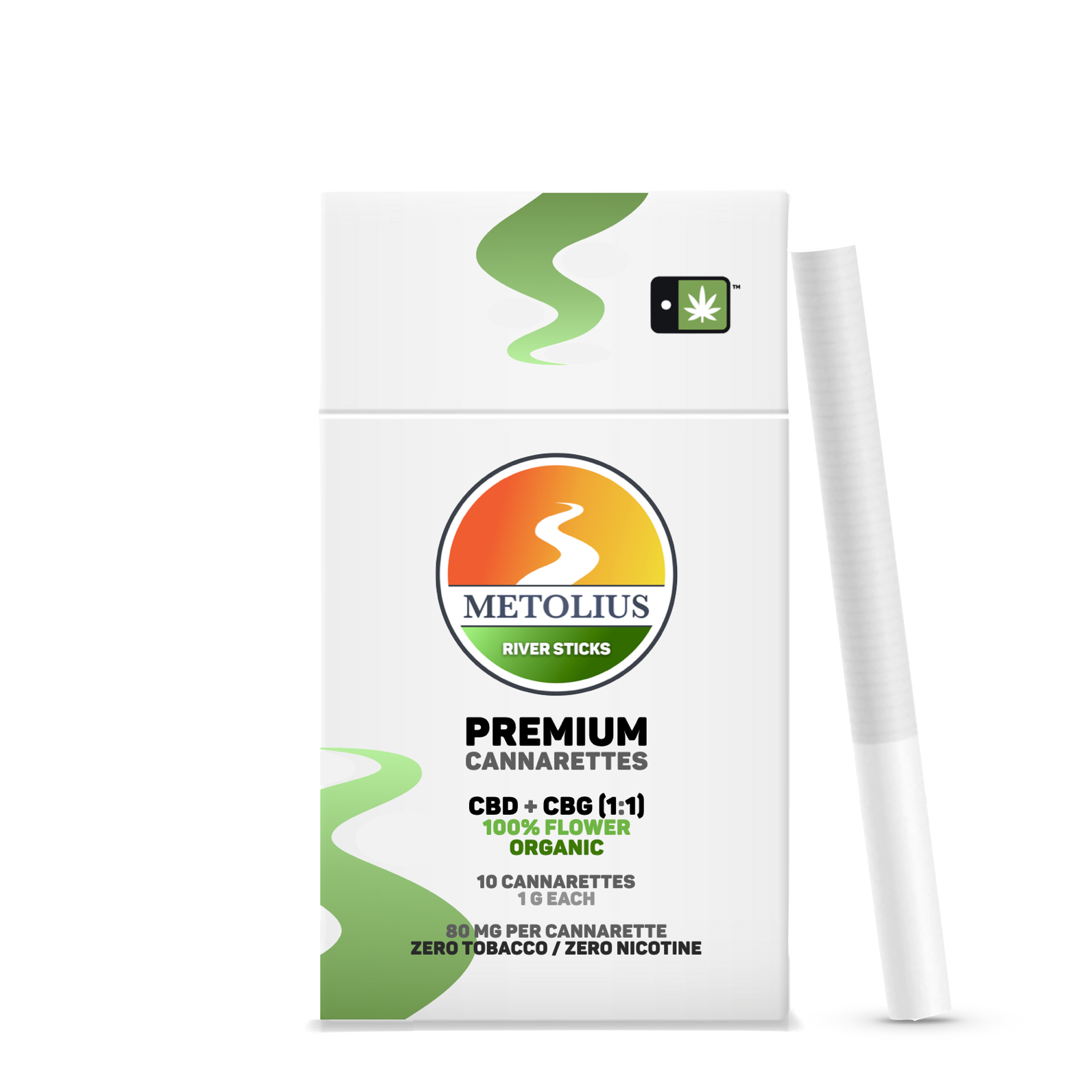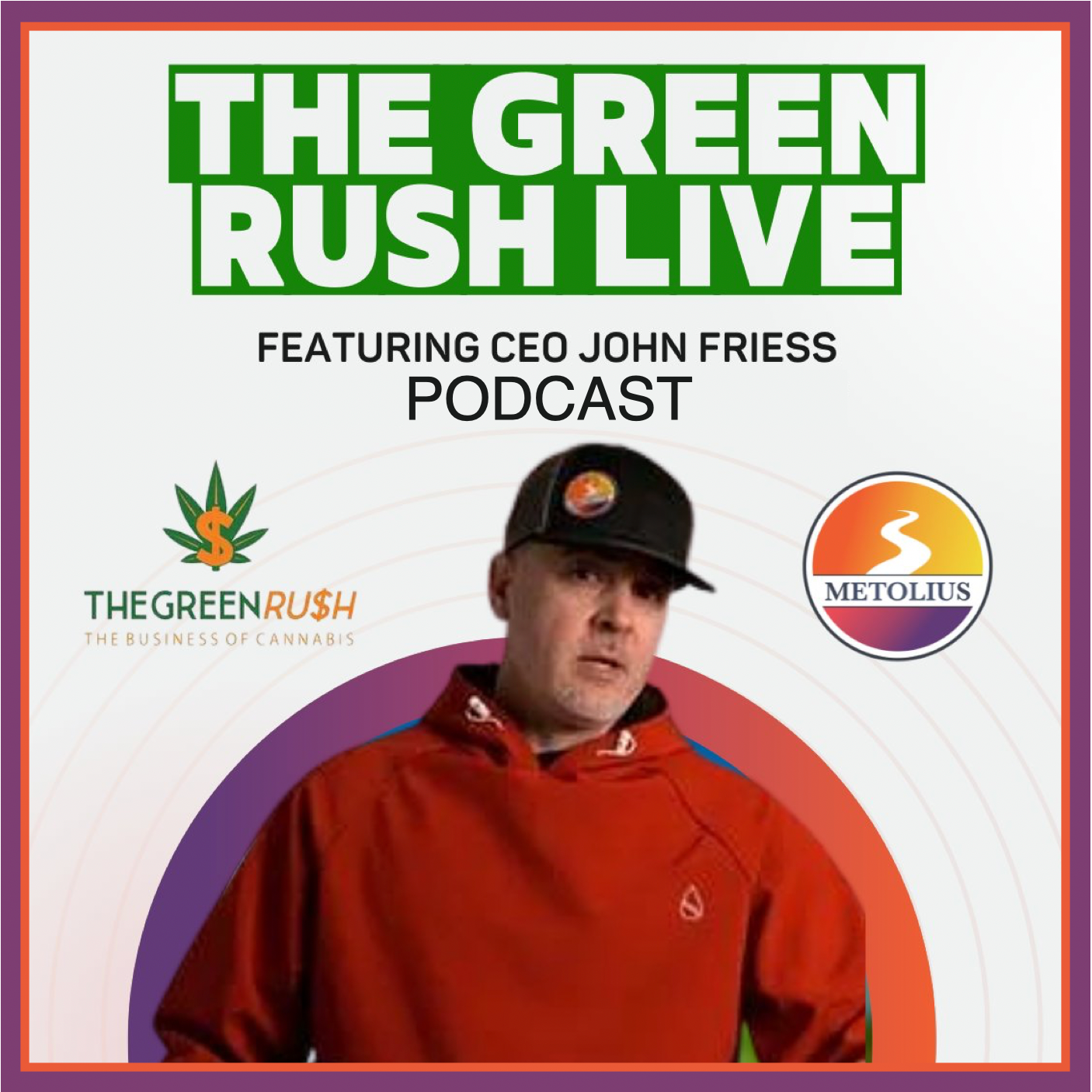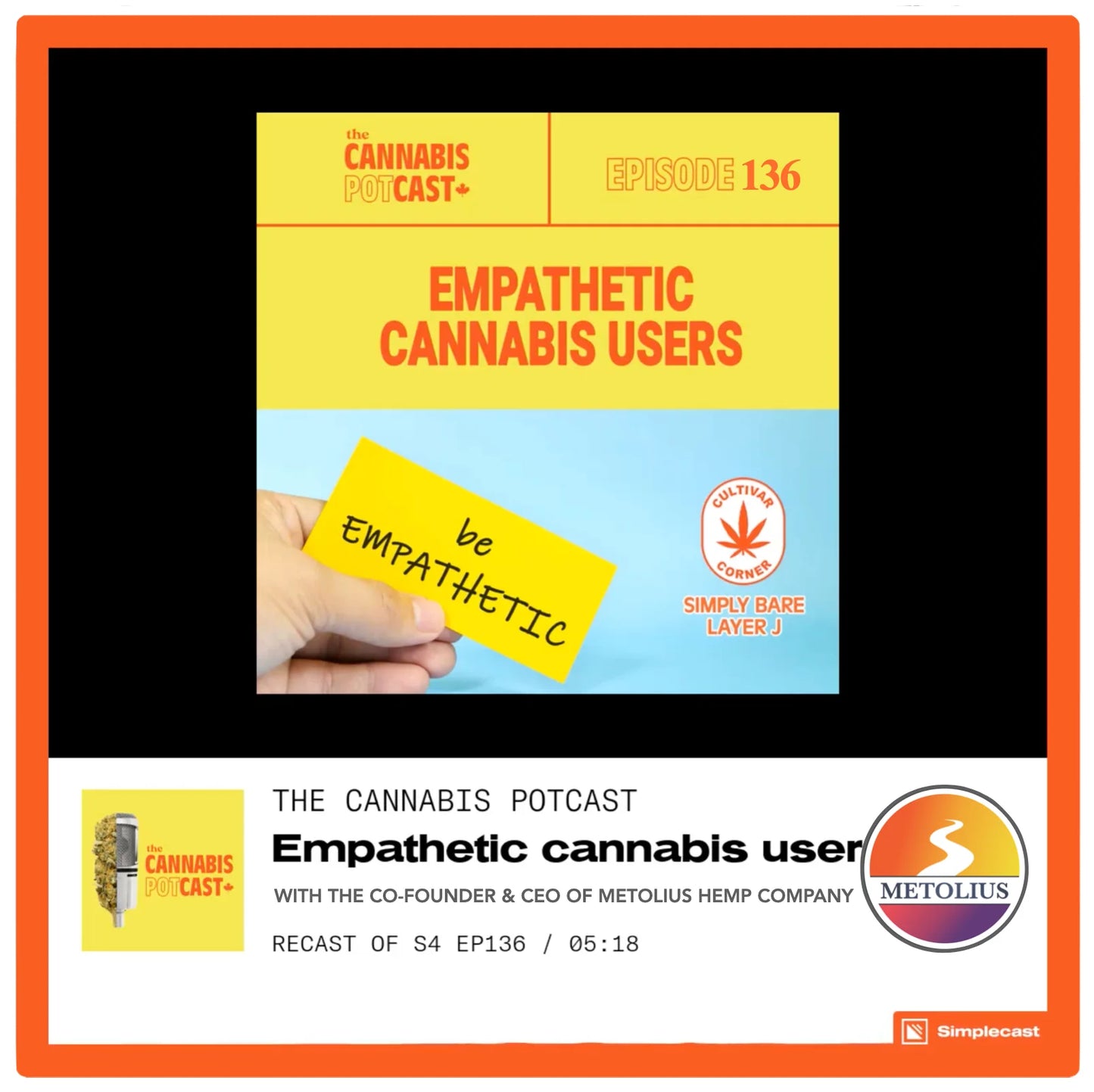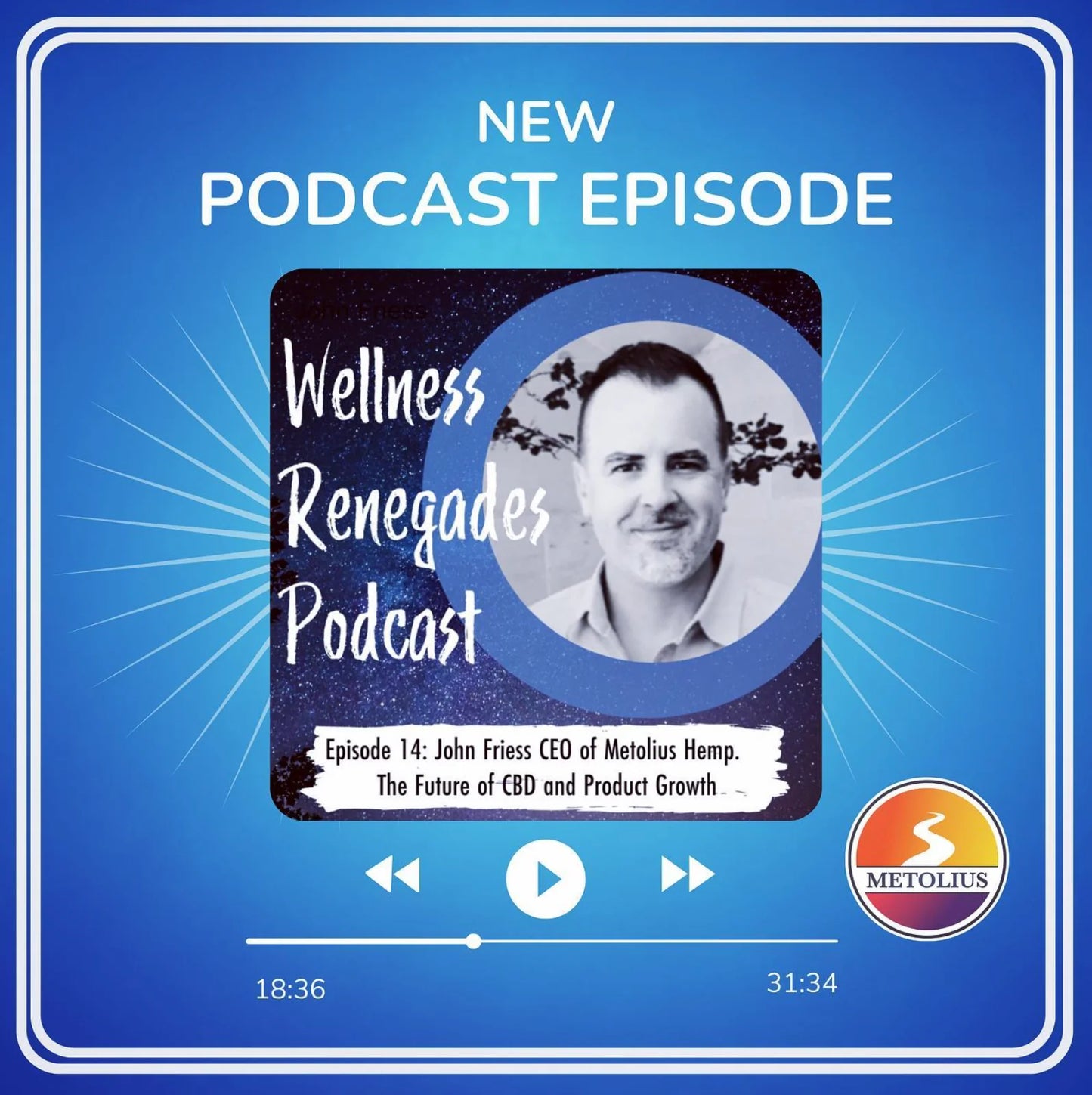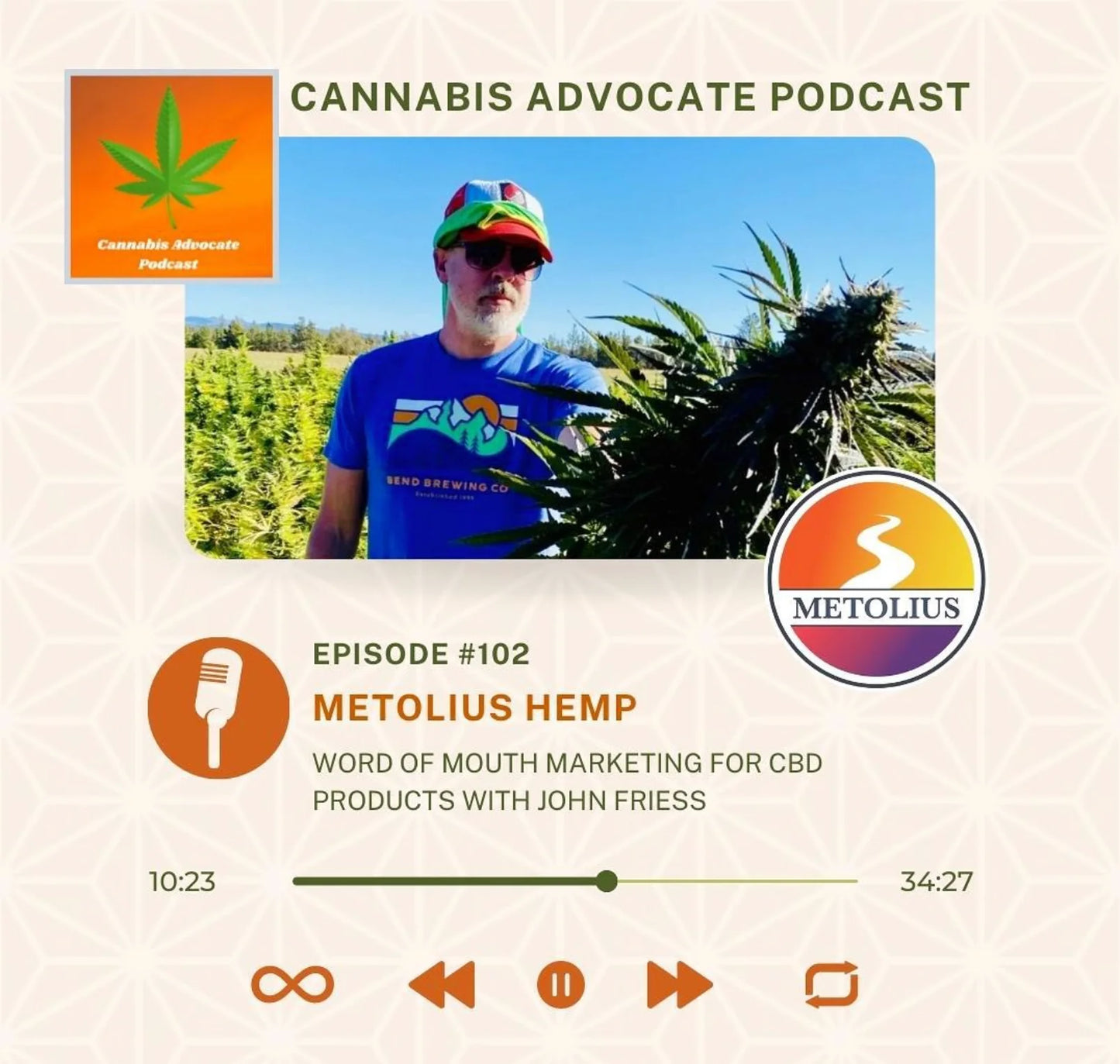River Mud...I like it because it enhances the drinks, tea or coffee, and it relaxes you and I use it in the evening...with the teaspoon of River Mud in coffee, or tea, or any drink...I had a lot of shoulder pain and now I have stopped the pain pills and using these products I also don't use any more sleep aides. It's a phenomenal product. I recommend it for anyone to try.
This site is protected by hCaptcha and the hCaptcha Privacy Policy and Terms of Service apply.
Well it is official. I sincerely don't want to go a day without it. Within a week it has already accomplished the following:
1. I find I drink half as much coffee as before with one cup daily vs. two cups.
2. I find that I have better, and sustained, energy from my single blended coffee.
3. I find that my hunger is diminished as it is essentially a meal replacement for me.
4. I find that it assists in intermittent fasting and doesn't break the fast calorie barrier.
5. I find that I'm providing my system with a superfood regimen, but in my daily coffee.
1 tablespoon of River Mud Chia and 1 tablespoon of River Mud with 1 cream 1 sugar is absolutely delicious.
Customer Testimonials
WATCH OUR AMAZING CUSTOMER TESTIMONIALS AROUND RIVER MUD
RIVER MUD CHAI VIDEO
CBD, or cannabidiol, is a natural compound found in the cannabis plant. It's one of over 100 compounds called cannabinoids, which interact with our body's endocannabinoid system. Unlike THC, another well-known cannabinoid, CBD is not psychoactive, meaning it doesn't cause a "high" sensation. Instead, it's known for its potential therapeutic benefits, which include:
- Pain relief: CBD has been shown to have pain-relieving properties, which makes it a popular alternative to traditional pain medications.
- Anxiety and depression: Some studies suggest that CBD may help reduce symptoms of anxiety and depression by interacting with serotonin receptors in the brain.
- Neuroprotective effects: CBD has been shown to have neuroprotective properties, which means it may help protect the brain and nervous system from damage.
- Anti-inflammatory effects: CBD has been shown to have anti-inflammatory properties, which makes it a potential treatment for conditions like arthritis, inflammatory bowel disease, and other inflammatory conditions.
CBD, or cannabidiol, is a natural compound found in the cannabis plant. It's one of over 100 compounds called cannabinoids, which interact with our body's endocannabinoid system. Unlike THC, another well-known cannabinoid, CBD is not psychoactive, meaning it doesn't cause a "high" sensation. Instead, it's known for its potential therapeutic benefits, which include:
- Pain relief: CBD has been shown to have pain-relieving properties, which makes it a popular alternative to traditional pain medications.
- Anxiety and depression: Some studies suggest that CBD may help reduce symptoms of anxiety and depression by interacting with serotonin receptors in the brain.
- Neuroprotective effects: CBD has been shown to have neuroprotective properties, which means it may help protect the brain and nervous system from damage.
- Anti-inflammatory effects: CBD has been shown to have anti-inflammatory properties, which makes it a potential treatment for conditions like arthritis, inflammatory bowel disease, and other inflammatory conditions.
Full spectrum CBD distillate is a type of hemp extract that contains a wide range of cannabinoids, including CBD, as well as other beneficial compounds such as terpenes and flavonoids. Unlike CBD isolate, which contains only pure CBD, full spectrum CBD distillate preserves the natural synergy between different cannabinoids and terpenes, which work together to produce what's known as the "entourage effect."
The entourage effect is the idea that these different compounds work together to produce a more powerful effect than any single compound alone. This means that full spectrum CBD distillate may be more effective than CBD isolate at providing therapeutic benefits, such as reducing anxiety, relieving pain, and improving sleep.
Full spectrum CBD distillate is used in a variety of products, such as tinctures, capsules, and topicals. These products are used to help manage a range of conditions, including anxiety, depression, chronic pain, inflammation, and more. They are often chosen by people who want a natural, plant-based alternative to traditional medications.
It's important to note that while full spectrum CBD distillate is generally considered safe and non-intoxicating, it may contain trace amounts of THC, which is the compound that produces a "high" in marijuana. However, these amounts are usually very low and unlikely to cause any psychoactive effects.
Overall, full spectrum CBD distillate is a natural and effective option for people who want to manage their health and wellness with the help of cannabinoids and other plant-based compounds. As always, it's important to consult with a healthcare professional before using any new product or supplement.
Full spectrum CBD distillate is a type of hemp extract that contains a wide range of cannabinoids, including CBD, as well as other beneficial compounds such as terpenes and flavonoids. Unlike CBD isolate, which contains only pure CBD, full spectrum CBD distillate preserves the natural synergy between different cannabinoids and terpenes, which work together to produce what's known as the "entourage effect."
The entourage effect is the idea that these different compounds work together to produce a more powerful effect than any single compound alone. This means that full spectrum CBD distillate may be more effective than CBD isolate at providing therapeutic benefits, such as reducing anxiety, relieving pain, and improving sleep.
Full spectrum CBD distillate is used in a variety of products, such as tinctures, capsules, and topicals. These products are used to help manage a range of conditions, including anxiety, depression, chronic pain, inflammation, and more. They are often chosen by people who want a natural, plant-based alternative to traditional medications.
It's important to note that while full spectrum CBD distillate is generally considered safe and non-intoxicating, it may contain trace amounts of THC, which is the compound that produces a "high" in marijuana. However, these amounts are usually very low and unlikely to cause any psychoactive effects.
Overall, full spectrum CBD distillate is a natural and effective option for people who want to manage their health and wellness with the help of cannabinoids and other plant-based compounds. As always, it's important to consult with a healthcare professional before using any new product or supplement.
The body’s internal Endocannabinoid System, which is either added to with CBD and other cannabinoids, or is deficient in those same cannabinoids, is kind of like a built in regulator, helping us find balance and harmony in many different forms. Research over the last two decades has shown the ECS plays a vital role in regulating: mood, sleep, appetite, digestion, chronic pain/inflammation, immune response, active memory, cardiovascular system, muscle & bone growth, skin & nerve function, liver function and stress.
Quite the list of responsibilities! When all of these bodily functions, systems and organs are working properly in synergy, our bodies are in a state known as Homeostasis. Homeostasis is essentially a stable and well-balanced internal environment. If some sort of external environmental factor affects you such as an injury or illness, your Endocannabinoid System kicks in to help save the day and return your body to a state of harmonious Homeostasis.
The body’s internal Endocannabinoid System, which is either added to with CBD and other cannabinoids, or is deficient in those same cannabinoids, is kind of like a built in regulator, helping us find balance and harmony in many different forms. Research over the last two decades has shown the ECS plays a vital role in regulating: mood, sleep, appetite, digestion, chronic pain/inflammation, immune response, active memory, cardiovascular system, muscle & bone growth, skin & nerve function, liver function and stress.
Quite the list of responsibilities! When all of these bodily functions, systems and organs are working properly in synergy, our bodies are in a state known as Homeostasis. Homeostasis is essentially a stable and well-balanced internal environment. If some sort of external environmental factor affects you such as an injury or illness, your Endocannabinoid System kicks in to help save the day and return your body to a state of harmonious Homeostasis.
While THC Phytocannabinoids typically only bind to our CB1 & CB2 receptors, it has been shown that CBD binds to both the CB1 and CB2 receptors as well as interacting with other biological systems in our bodies to provide a wide array of wellness benefits.
CBD & THC actually have an opposite relationship when it comes to ECS receptors, as CBD is an inverse agonist to CB1 receptors; meaning CBD actually has the potential to curb negative side effects of THC when taken in unison, as it can trigger a reverse reaction from CB1 receptors.
While THC Phytocannabinoids typically only bind to our CB1 & CB2 receptors, it has been shown that CBD binds to both the CB1 and CB2 receptors as well as interacting with other biological systems in our bodies to provide a wide array of wellness benefits.
CBD & THC actually have an opposite relationship when it comes to ECS receptors, as CBD is an inverse agonist to CB1 receptors; meaning CBD actually has the potential to curb negative side effects of THC when taken in unison, as it can trigger a reverse reaction from CB1 receptors.












